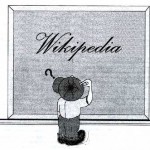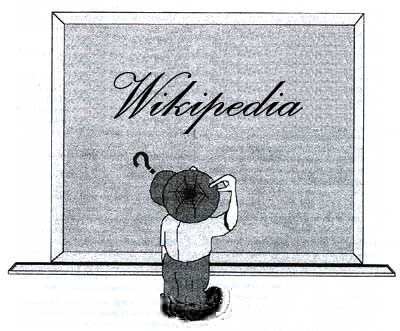When writing “smarter” isn’t what’s needed
[fusion_builder_container hundred_percent=”yes” overflow=”visible”][fusion_builder_row][fusion_builder_column type=”1_1″ background_position=”left top” background_color=”” border_size=”” border_color=”” border_style=”solid” spacing=”yes” background_image=”” background_repeat=”no-repeat” padding=”” margin_top=”0px” margin_bottom=”0px” class=”” id=”” animation_type=”” animation_speed=”0.3″ animation_direction=”left” hide_on_mobile=”no” center_content=”no” min_height=”none”]

My friend Marion was discussing an idea at COSL to develop a system that would automatically adjust the reading level of Wikipedia entries from what can be as high as post-graduate level.
Marion posited a system that would automatically adjust the reading level for the audience. Currently the Simple English Wikipedia has 59,000+ articles versus 2,890,000+ articles in the main English Wikipedia (or 2%).
The introduction to the Wikipedia article on President George Washington rates a 23 on the Gunning-Fog index – which puts the text on a post-graduate level. Although you could argue that the quality or the article is high, it is not useful for 4th graders.
— Marion Jensen
Maybe someone should work on it. Any takers?
Update: Marion reminds me that another colleague, Joel, got a start at programming this. But that project’s also been shleved for awhile. Once again, any takers?[/fusion_builder_column][/fusion_builder_row][/fusion_builder_container]

